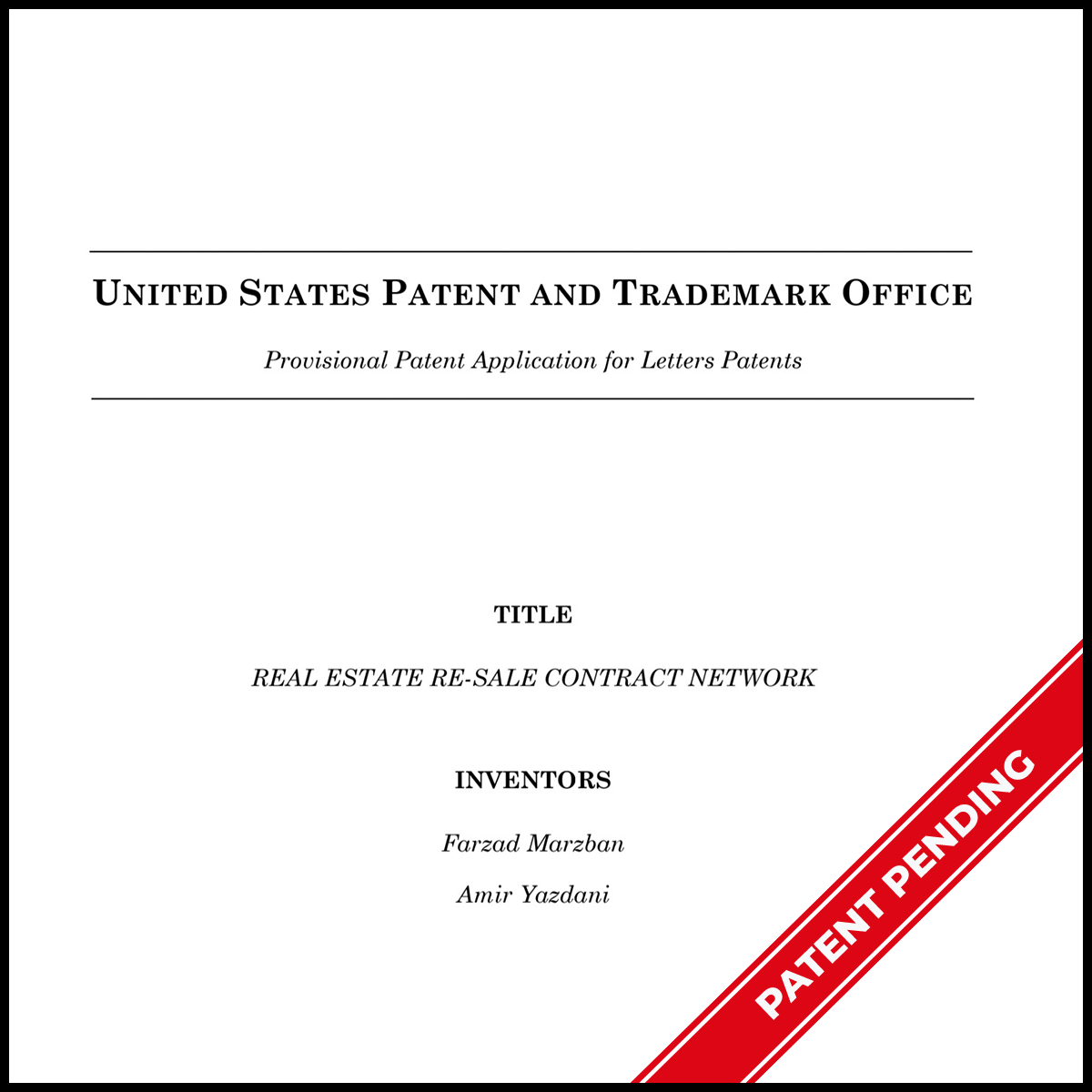Revolutionize Real Estate: An Intro to Tokenization for Beginners
Tokenization in Real Estate is a growing trend that is revolutionizing the way properties are bought, sold, and invested in. This innovative technology allows real estate assets to be converted into digital tokens, making them more accessible and liquid for investors. By tokenizing real estate, individuals can own a fraction of a property, diversify their portfolio, and participate in the market with lower barriers to entry. In this article, we will explore the concept of tokenization, its benefits, and how it is reshaping the real estate industry.
What is Tokenization?
Tokenization refers to the process of converting real-world assets, such as real estate properties, into digital tokens on a blockchain. These tokens represent ownership or a share of the asset, allowing for fractional ownership and easier transferability. The tokenization process involves issuing digital tokens that are secured by smart contracts on a blockchain platform.
Real Estate and Tokenization
Tokenization has gained significant traction in the real estate industry due to its ability to revolutionize the way properties are bought, sold, and invested in. Real estate tokenization involves converting ownership rights of a property into digital tokens on a blockchain platform. This process allows investors to purchase fractional ownership in properties, enabling them to diversify their portfolios with smaller investments.
Tokenization is particularly suitable for real estate due to its potential for liquidity, transparency, and reduced costs. It makes investing in real estate more accessible to a broader range of investors, including those looking to enter the market with smaller capital. Additionally, tokenization can streamline the transaction process, eliminate intermediaries, and provide greater security through blockchain technology.
Several real estate properties have already been successfully tokenized, showcasing the potential of this innovation. From residential buildings to commercial spaces, tokenized real estate assets have opened up new opportunities for investors to participate in the market with ease and efficiency.
How Tokenization is Transforming Real Estate
Tokenization is revolutionizing the real estate industry by providing new opportunities for investors and changing the way properties are bought and sold. One of the key advantages of tokenizing real estate is increased liquidity, as investors can buy and sell tokens representing fractional ownership of a property without the need for traditional intermediaries like real estate agents or banks.
Furthermore, tokenization allows for greater accessibility to investment opportunities, as investors can purchase smaller fractions of high-value properties that were previously out of reach. This democratization of real estate investment opens up the market to a wider range of people, fostering diversity and inclusivity in the industry.
Additionally, the use of blockchain technology in tokenization ensures transparency, security, and efficiency in real estate transactions. Smart contracts can automate processes like rental payments, property management, and revenue distribution, reducing the risk of fraud and increasing trust between parties.
Overall, tokenization is transforming the real estate market by making it more accessible, efficient, and secure for investors, paving the way for a new era of digital real estate investment.
The Process of Tokenizing Real Estate
Tokenizing real estate involves converting ownership of a property into digital tokens on a blockchain. Here is a step-by-step guide to understanding the process:
- Asset Selection: Determine the real estate asset to be tokenized, ensuring it complies with all legal requirements.
- Legal Considerations: Seek legal advice to ensure compliance with regulations governing securities and real estate transactions.
- Smart Contract Development: Develop smart contracts that will define the ownership rights and rules for token holders.
- Token Creation: Generate digital tokens representing ownership of the real estate asset through a tokenization platform.
- Distribution: Distribute the tokens to investors, providing them with access to the property’s benefits and potential returns.
- Trading: Enable trading of the tokens on a secondary market, allowing investors to buy and sell their ownership stakes.
- Monitoring: Continuously monitor the performance of the real estate asset and provide regular updates to token holders.
It is crucial to consider legal implications, potential risks, and the platform’s security before tokenizing real estate. By following these steps carefully, real estate assets can be digitized, offering investors new opportunities to participate in the market.
Choosing a Platform for Tokenization
When it comes to tokenizing real estate assets, choosing the right platform is crucial. There are several factors to consider before selecting a platform to ensure a successful tokenization process. Firstly, consider the platform’s security measures and compliance with regulations to safeguard investors’ interests.
Another important factor to consider is the platform’s track record and reputation in the market. Look for platforms that have successfully tokenized real estate properties in the past and have a proven track record of delivering returns to investors.
Additionally, consider the fees associated with tokenizing real estate assets on the platform. Some platforms may charge high fees, which can eat into your potential returns. It’s important to weigh the fees against the benefits offered by the platform.
Popular platforms for tokenizing real estate assets include OBI Real Estate, RealT, Atlant, and Harbor. These platforms offer a range of services to facilitate the tokenization process and provide investors with access to a diversified portfolio of real estate assets.
By carefully considering these factors and conducting thorough research, you can select a platform that aligns with your investment goals and enables you to take advantage of the benefits of tokenizing real estate assets.
Investing in tokenized real estate involves purchasing digital tokens that represent ownership of a real estate asset. To start investing in tokenized properties, you first need to find a suitable platform that offers tokenization services. Look for platforms that are reputable, secure, and compliant with regulations.
When investing in tokenized real estate, it’s essential to consider the potential returns and risks. Tokenized properties offer investors the opportunity to benefit from real estate appreciation and rental income. However, there are risks involved, such as market volatility and liquidity issues.
Before investing in tokenized real estate, it’s crucial to conduct thorough research, understand the terms and conditions of the investment, and diversify your portfolio to mitigate risks. Keep track of market trends and stay informed about the latest developments in the real estate tokenization space.
Overall, investing in tokenized real estate can provide investors with access to a new asset class and potentially higher returns. By understanding the risks and rewards of tokenized real estate investments, investors can make informed decisions and capitalize on the opportunities presented by blockchain technology in the real estate market.
Investing in tokenized real estate properties has become increasingly popular in recent years. By leveraging blockchain technology, investors now have the opportunity to own fractions of real estate assets through tokens. These tokens represent ownership rights in a property and can be bought, sold, or traded on various platforms.
When considering investing in tokenized real estate, it is important to understand the potential returns and risks involved. Investors can benefit from increased liquidity, lower transaction costs, and access to a wider range of investment opportunities. Additionally, tokenization allows for fractional ownership, making real estate investments more accessible to a broader range of investors.
However, it is essential to be aware of the risks associated with investing in tokenized real estate. These risks may include regulatory challenges, market volatility, and potential security breaches. Investors should conduct thorough research and due diligence before investing in any tokenized real estate projects.
Overall, tokenization offers a new and innovative way to invest in real estate, providing opportunities for both traditional and new investors to diversify their portfolios. As the technology continues to evolve, the future of real estate investment through blockchain and tokenization is promising, offering a glimpse into a more efficient and accessible real estate market.





